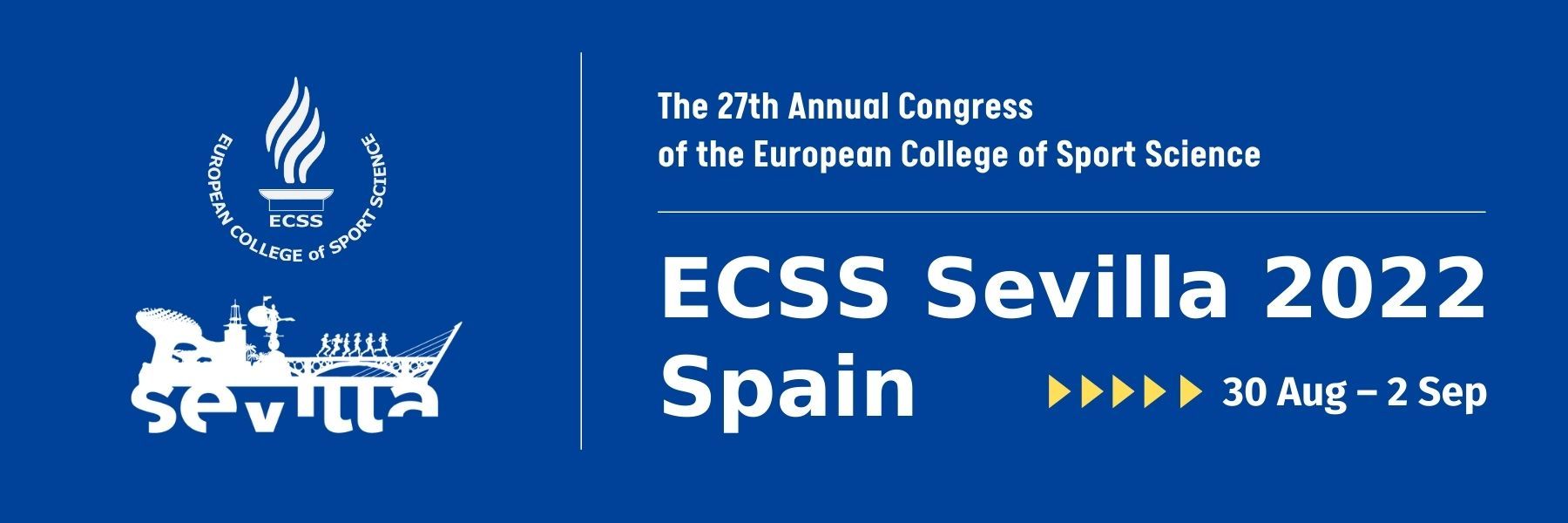

ECSS Paris 2023: OP-AP24
INTRODUCTION: Swimmers have been shown to experience larger sleep deficits than athletes in most other sports [1]. Chronic sleep deficiencies may impair recovery and, in turn, performance, particularly given the role of sleep loss in the development of functional overreaching [2]. While a sleep education program has led to a temporary increase in sleep duration in athletes without sleep deficiency [3], its impact on chronically sleep-deprived athletes has not been investigated yet. Therefore, the aim of the current study was to assess the effect of a 12-week sleep education program on sleep and perceived recovery in swimmers. METHODS: Nine national level swimmers (1F, 8M; age: 17 ± 1 y) completed two phases of 12 weeks each: a baseline phase followed by an intervention phase during which sleep education was administered. The sleep education program consisted of three ~ 1-hour sleep seminars held in weeks 0, 4 and 8 and two sleep podcasts in week 2 and 6 during the intervention phase. Sleep duration, sleep regularity and perceived sleep quality were measured using a combination of actigraphy (Actigraph wGT3X-BT, Actigraph LLC, Pensacola, FL, USA) and a sleep diary. Perceived recovery was assessed daily using the Short Recovery and Stress Scale for Sport. RESULTS: A significant interaction between phase and weekday was observed for sleep duration (F6,1042 = 2.84 ; P < 0.01; ƞ2p = 0.02). Sleep duration was significantly longer on Friday nights during the intervention phase compared to baseline phase (baseline: 8.2 ± 0.3 h vs. intervention: 9.2 ± 0.3 h; mean difference (md): 1.0 ± 0.4 h; P < 0.01). On the other hand, sleep regularity significantly decreased during the intervention phase (baseline: 81 ± 1% vs. intervention: 78 ± 1%; md: -3 ± 1%; P = 0.02; ƞ2p < 0.01). There were no significant effects of phase on sleep quality (F1,992 = 0.79; P = 0.37; ƞ2p < 0.01), perceived recovery (F1,1025 = 2.94; P = 0.09; ƞ2p < 0.01) or perceived stress (F1,1035 = 0.54; P = 0.46; ƞ2p < 0.01 ). CONCLUSION: Administering a 12-week sleep education program was associated with increased sleep duration on Friday nights but decreased sleep regularity This may reflect athletes adjusting their sleep schedules within the constraints of school and training, extending sleep when possible but increasing sleep variability. Coaches might consider sleep education to extend sleep duration in competitive swimmers, but scheduling constraints should be taken into account. 1. Sargent C, Lastella M, Halson SL, Roach GD. How much sleep does an elite athlete need? Int J Sports Physiol Perform. 2021;16(12):1746-1757. doi:10.1123/ijspp.2020-0896. 2. Hausswirth C, Louis J, Aubry A, Bonnet G, Duffield R, Le Meur Y. Evidence of disturbed sleep and increased illness in overreached endurance athletes. Med Sci Sports Exerc. 2014;46(5):1036-1045. 3. Caia J, Scott TJ, Halson SL, Kelly VG. The influence of sleep hygiene education on sleep in professional rugby league athletes. Sleep Health. 2018;4(4):364-368.
Read CV Maxime BrandtsECSS Paris 2023: OP-AP24
INTRODUCTION: In swimming, tapering is implemented before major competitions to enhance performance. However, its effectiveness varies depending on the athletes pre-taper fatigue level. While tapering increases performance in swimmers with acute fatigue (+1.8 ± 1.4% [1]), it is less effective or ineffective for those with high accumulated fatigue (-0.5 ± 1.6%, p<0.05 [1]). Given the critical role of sleep in recovery, we aimed to evaluate the combined effects of tapering and sleep-enhancing strategies on performance in elite swimmers with acute and high fatigue levels. METHODS: Physiological, psychological, and biomechanical profiles were assessed in 27 elite swimmers at T0 and T1, scheduled respectively 10 and 3 weeks before their major competition. Sleep profile was evaluated at T0, T1, and throughout the subsequent two taper weeks. External training load was monitored daily. Race times were officially recorded at T1 and during the major competition. Between T0 and T1, athletes participated in a sleep education program [2]. During tapering, they slept on a high-thermal-conductivity mattress topper and underwent daily cryostimulation (3 min) or contrast baths (28 min) during the first week. RESULTS: Based on changes in physiological, psychological, and biomechanical profiles from T0 to T1, 13 swimmers (17±2 years old; best performance: 88±3% of the world record) exhibited acute fatigue (AF), and 14 swimmers (17±2 years old; best performance: 89±3% of the world record) demonstrated functional overreaching (F-OR). External training load did not differ between groups. Taper-induced changes in performance were +1.2 ± 1.6% in the AF group and +0.4 ± 2.3% in the F-OR group (p>0.05). Notably, 82% of athletes in the AF group and 67% in the F-OR group showed a performance improvement exceeding 0.5% (p>0.05). These changes in performance were positively correlated with changes in total sleep time from T0 to T1 and, specifically in the F-OR group, with the average sleep duration during tapering. CONCLUSION: In overreached swimmers, the combination of tapering and sleep-enhancing strategies resulted in a 0.4% performance improvement, whereas tapering alone was associated with a 0.5% decline [1], thereby mitigating the previously observed disparity in tapering benefits between AF and F-OR swimmers. Furthermore, in the current study, 67% of F-OR swimmers achieved a performance gain exceeding 0.5% (the smallest meaningful enhancement impacting final rankings), compared to 50% with tapering alone [1]. Finally, taper-induced changes in performance observed in this study were linked to changes in sleep duration before tapering. Interestingly, it was also linked to average sleep duration during tapering in F-OR swimmers. These findings highlight the importance of assessing and optimizing sleep before and during tapering, especially in overreached swimmers, to achieve peak performance. 1. Bretonneau et al. (2024) 10.3389/fspor.2024.1353817 2. Pasquier et al. (2023) 10.1123/ijspp.2023-0018
Read CV Quentin BRETONNEAUECSS Paris 2023: OP-AP24